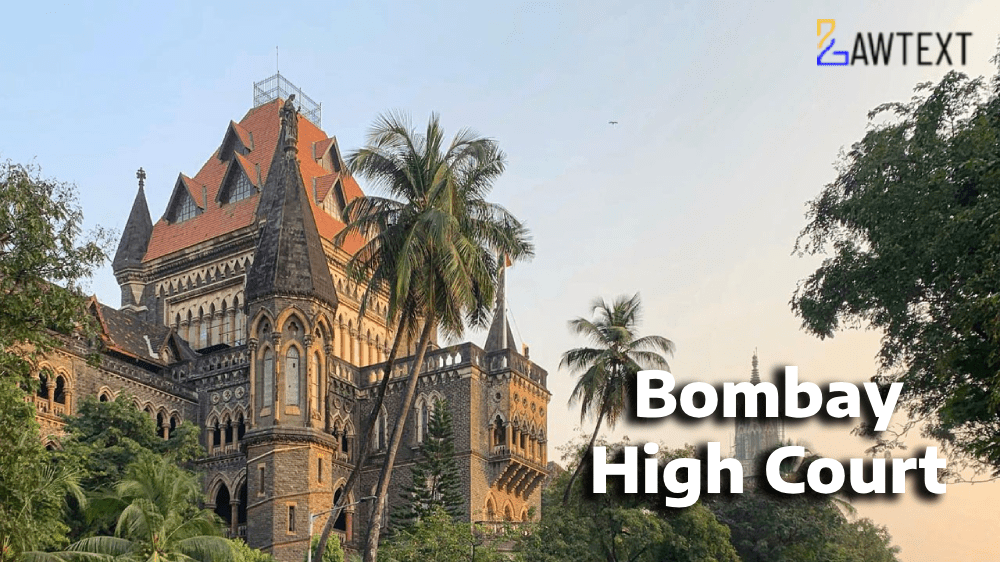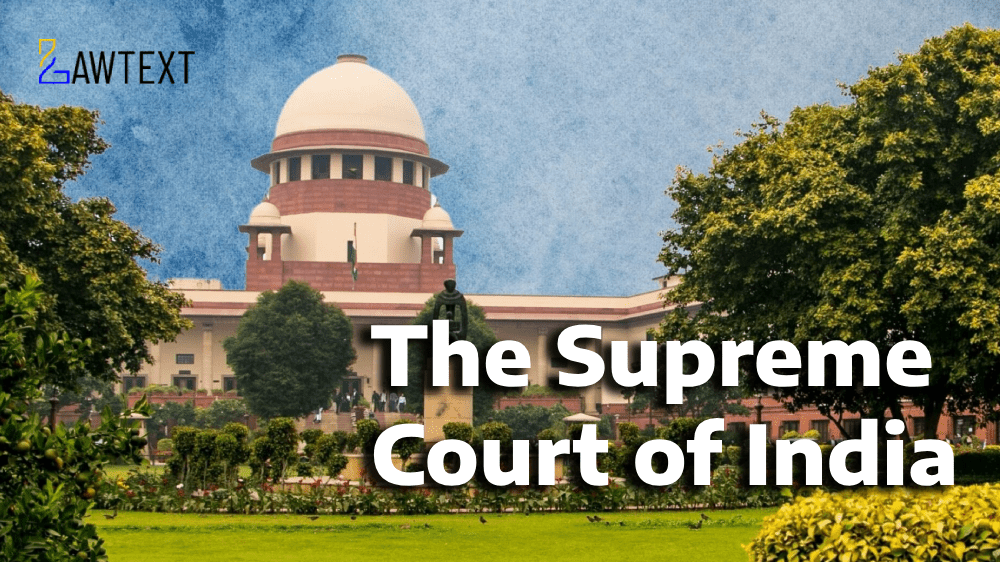Case Note & Summary
The Bombay High Court dismissed a batch of writ petitions filed by various companies, including Oberoi Constructions Ltd., challenging tax demands and show-cause notices issued under the CGST, IGST, and MGST Acts. The court emphasized that adjudication under statutory mechanisms must be exhausted before invoking the extraordinary jurisdiction of the court under Article 226 of the Constitution.
The petitions, primarily alleging jurisdictional issues, failed to demonstrate that alternate remedies were inadequate or that the notices were wholly without jurisdiction. The court granted petitioners liberty to respond to notices or file statutory appeals, while highlighting that disputed questions of fact cannot be addressed in summary writ proceedings.
1. Parties and ContextThe petitions were filed by companies such as Oberoi Constructions Ltd., K. Raheja Private Ltd., and others, challenging show-cause notices under GST laws regarding taxability of services provided by Municipal Corporations.
2. Primary Contentions of Petitioners Petitioners argued that the show-cause notices lacked jurisdiction. Services provided by the Municipal Corporation were allegedly exempt under Notification No. 12/2017-Central Tax (Rate), which provides a nil rate for services related to functions under Article 243W of the Constitution. 3. Arguments of Respondents Respondents contended that petitioners had alternate remedies through adjudication and appeals. Disputed questions of fact, such as the nature of services, require examination in the adjudicatory process. 4. Key Legal Provisions Discussed Article 243W: Functions of Municipalities. Notification No. 12/2017: Exemption for certain municipal services. CGST Act, 2017: Mechanisms for adjudication and appeals. 5. Court’s Observations Exhaustion of Remedies: Alternate remedies are a pre-condition unless notices are patently without jurisdiction. Disputed Questions of Fact: The court cannot determine factual issues under writ jurisdiction. Statutory Notifications: Applicability of tax exemptions or nil rates requires examination by authorities. 6. Precedents CitedThe court relied on Whirlpool Corporation v. Registrar of Trade Marks, Greatship (India) Ltd., and others to reinforce that writ jurisdiction is exceptional and requires clear grounds.
7. Final Directions Petitions dismissed with liberty to pursue statutory remedies. Six weeks granted for responding to notices or filing appeals. Ratio Decidendi:Statutory remedies, including adjudication and appeals, must be exhausted in tax disputes involving factual examinations. Writ jurisdiction is limited to cases of fundamental rights violations, lack of jurisdiction, or statutory invalidity.
Acts and Sections Discussed: Central Goods and Services Tax Act, 2017 Integrated Goods and Services Tax Act, 2017 Maharashtra Goods and Services Tax Act, 2017 Article 243W of the Constitution of India Notification No. 12/2017-Central Tax (Rate) Subjects:Taxation Law, GST, Administrative LawGST Adjudication, Tax Demand, Alternate Remedies, Writ Jurisdiction
Issue of Consideration: Oberoi Constructions Ltd. Versus The Union of India, through the Revenue Secretary Ministry of Finance, Department of Revenue, New Delhi & Ors.
Premium Content
The Issue of Consideration is only available to subscribed members.
Subscribe Now to access critical case issues





